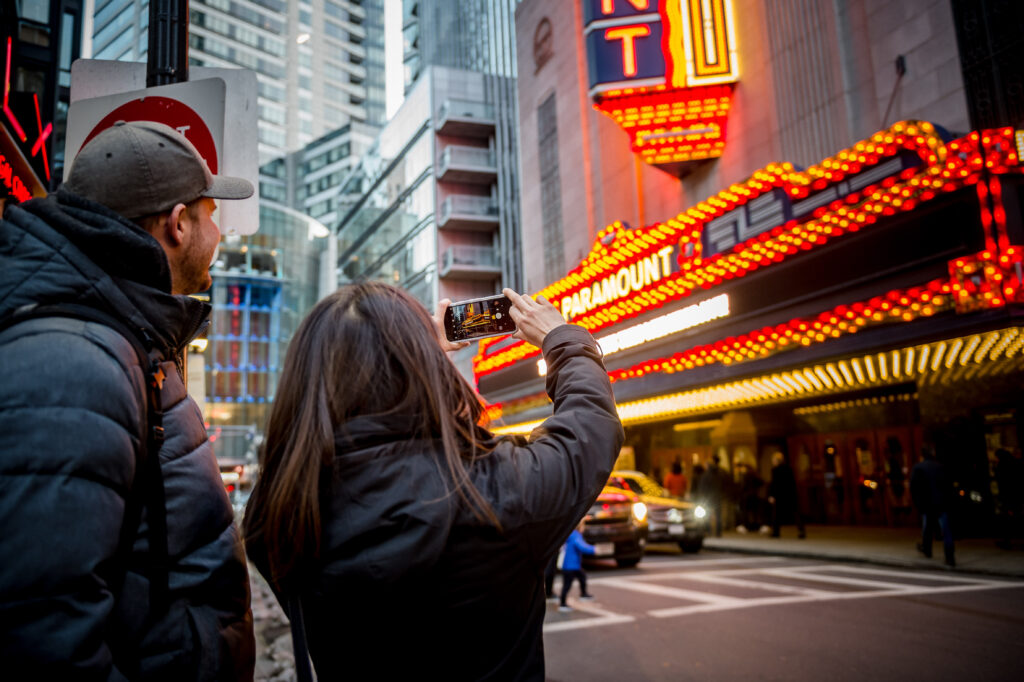Share This:
April 24, 2018 | Race and Equity,
Creating An Environment for Empathy to Thrive
Close followers of ArtsEmerson know the story of our commitment to fostering civic transformation through shared experience of art and dialogue. The easiest way to see that mission in action has been through the work on our stages and in the conversations we’ve both hosted and produced. For instance, take the recent world premiere of Claudia Rankine’s The White Card, which was surrounded by Citizen Read, Citizen Speak, and facilitated “Act II” conversations following each performance. Or, look at the schedule for the upcoming performances of Daniel Beaty’s Mr. Joy—also followed by post-show conversations—taking place in neighborhoods around the city for the second year in a row.
Less visible to the public have been the theories, hunches and experimentation we employ to pursue this transformed city. With this Race & Equity Series, we hope by sharing the thinking behind the programming we can engage our colleagues and neighbors to advance and sharpen the effort.

Photo by Randall Garnick.
WE ENVISION A THRIVING WORLD
Recently, we’ve started to talk about a “thriving world, fueled by empathy, ignited by art.” This phrase probably needs to be unpacked to fully grasp what we mean. We believe that for the world to truly thrive, empathy—the ability to understand and share the feelings of another—will have to be the resource that powers it. And empathy, we believe, develops in an environment of equity.
To create the environment for empathy to thrive we will have to transcend—and then transform—the habits and structures that privilege whiteness.
We are building an arts organization dedicated to precisely that transformation. ArtsEmerson’s operating theory, broadly stated, reads as follows: By putting the world, in all its diverse glory, on our stages, and by inviting our entire city, in all its diverse glory, into the audience, we believe we can start to both tell and live a new story about the city of Boston. It is a story about unity forged in celebration of our differences; it’s not a story of assimilation or homogenization. Out of the many, one Boston.
PUTTING IT OUT THERE
We intend this series of writings from the ArtsEmerson staff to explore some of the major theories, strategies, initiatives and programs we’ve developed and deployed to pursue our mission, set within the following framework:
Transformation starts with self. We’ll talk openly about what we’ve been doing here, what we’ve been learning and what we’ve struggled with at the level of personal transformation. We’ll also talk about the efforts to transform the organization. We’ll share strategies we’ve deployed for diversifying our staff, for building individual and organization cultural competencies to support a diverse community of artists and audiences; we’ll also share personal challenges we’ve encountered in doing this work as arts leaders.
Transformation requires a theory of change. To accomplish anything like the sort of transformation we are aiming to foster, we will need an audience that reflects the diversity of the city and shares the urgency of our mission. To get there, we needed to break our audience development work down into a theory of change that we could model and then follow. We’ll share our operating theory of change here.
Transformation requires community. To get where we’re determined to go, we have committed to building a community of partners and neighbors enrolled in the effort with us. We are building community more than we are building audience. We are present in this community in as many ways as we can be, or think we can be, and see ourselves as one partner among many in this effort. We’ll unpack what we mean here and how we’ve gone about it.
Programming as strategy. Artistic Director David Dower wrote this article for HowlRound laying out our process for curating a season of performances. We also program engagement events, dialogues and film all year. Additionally, we manage a program of partnerships and guest curation that expands our capacity to impact transformation through programming. All of our programming strategies are designed to foster the transformation we’re seeking around race equity. We’ll expand on these strategies here as well.
Transformation requires diverse donor pool. ArtsEmerson has been developing a network of African American donors to support both the development and presentation of work that reflects that African American experience and the building of an audience that includes the many African American communities around our city. Our Gaining Ground Fund sits at the center of the effort and inspires seasoned philanthropists as well as donors with limited history as supporters of the arts. We’ll share the successes and learnings working with this network.
Transformation requires allies. ArtsEmerson has been emboldened by the consistent support of a network of allies for this vision of a transformed Boston and benefitted from a number of powerful relationships. We’ll discuss the role in our work of City Hall, of local funders (both individual donors and institutional funders), the broader arts community and Emerson College.
Privilege is blinding. Privilege is responsibility. ArtsEmerson has a pile of privileges as an organization that make it feasible for us to tackle this mission and to speak openly about both our aims and our challenges. We expect there will be blind spots exposed here as we share all this in a public forum. We also expect ourselves to operate as effective stewards of the resources under our control, and one of those resources is our privilege. This privilege, in our view, requires that we take the risk of learning in public, a risk that many of our arts colleagues cannot take for a variety of reasons. We hope to talk about all of that in this series. We hope you will talk about it with us.
Bookmark our blog, join our email list or follow us on Twitter for the latest posts.
And follow/tag #RaceAndArt







Leave a Reply